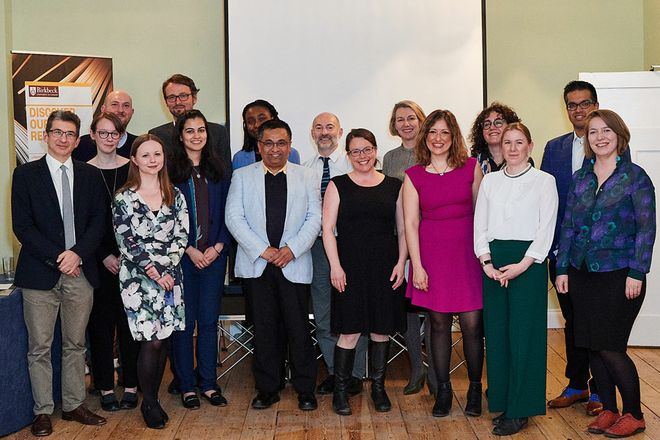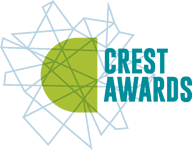Applications are invited for a fully-funded three-year CHASE doctoral studentship, jointly supervised within the Departments of Politics and International Studies (SOAS University of London), History, Classics and Archaeology (Birkbeck College, University of London), and the Arab and African Research Center (AARC) in Egypt.
Project
The studentship will support interdisciplinary (Politics and History) research examining the dynamics and dilemmas of transnational solidarity as exemplified in Egypt’s role as sponsor of South ern African liberation movements during the 1960s. This will be one of the first studies of its kind, contributing to scholarship on the Cold War, Afro-Asian decolonisation, and African liberation struggles’ contemporary legacies.
This project’s overall aims are to retrieve and analyse the shifting motivations, power balances, and mutual influences driving relations between the Egyptian state and the southern African liberation movements which it sponsored during the era of decolonisation, and to engage with theories of solidarity in politics and historical geography to evaluate these.
The successful candidate might focus specifically on one or a combination of the following questions: the nature of Egyptian diplomatic, financial support to, and influence on Southern African liberation movements; the place of Egypt in the political imaginaries of nationalist liberation activists’; the implications of the case study for theories of transnational solidarity; the role of Cairo as a Cold War city.
Supervision
The three supervisors will be Dr Reem Abou-El-Fadl (Politics, SOAS), Dr Hilary Sapire (History, Birkbeck) and Professor Helmi Sharawy (Director, AARC). This is an opportunity to work with two disciplinary/regional experts, and with both a scholar and former co-ordinator of African liberation movements in Egypt’s presidency (1958-1971).
Requirements
The PhD will commence in October 2022. The student will spend at least three months each at the AARC, and at archives in South Africa. Fluency in Arabic, a capacity to travel freely in Africa, and a first-class degree in Politics/History are essential.
Benefits
The candidate will benefit from two world-leading Departments, enjoying specialisms in Middle East and African politics at SOAS, with its internationally renowned research library, and expertise in global history, transnationalism, and African History at Birkbeck. Rigorous methods training will be offered at both institutions. The candidate will join the AARC’s Africanist research network and gain special access to its archives/publications. They will also participate in the University of London Southern African seminar series events and workshops.
Funding Amount
For the academic year 2022-23, the stipend will be £18,612 with London weighting. This includes enhanced stipend to cover additional travel costs relating to the project. The funding will cover UK fees.
How to Apply
Applications for this studentship must be made via the SOAS University of London application form, available at this link , by Friday 6 May 2022 at 12 noon. Applicants must provide two references in support of their application.
Candidates will be assessed by a shortlisting process, and shortlisted candidates will be interviewed. Interview outcomes will be received by the Management Board for approval.






